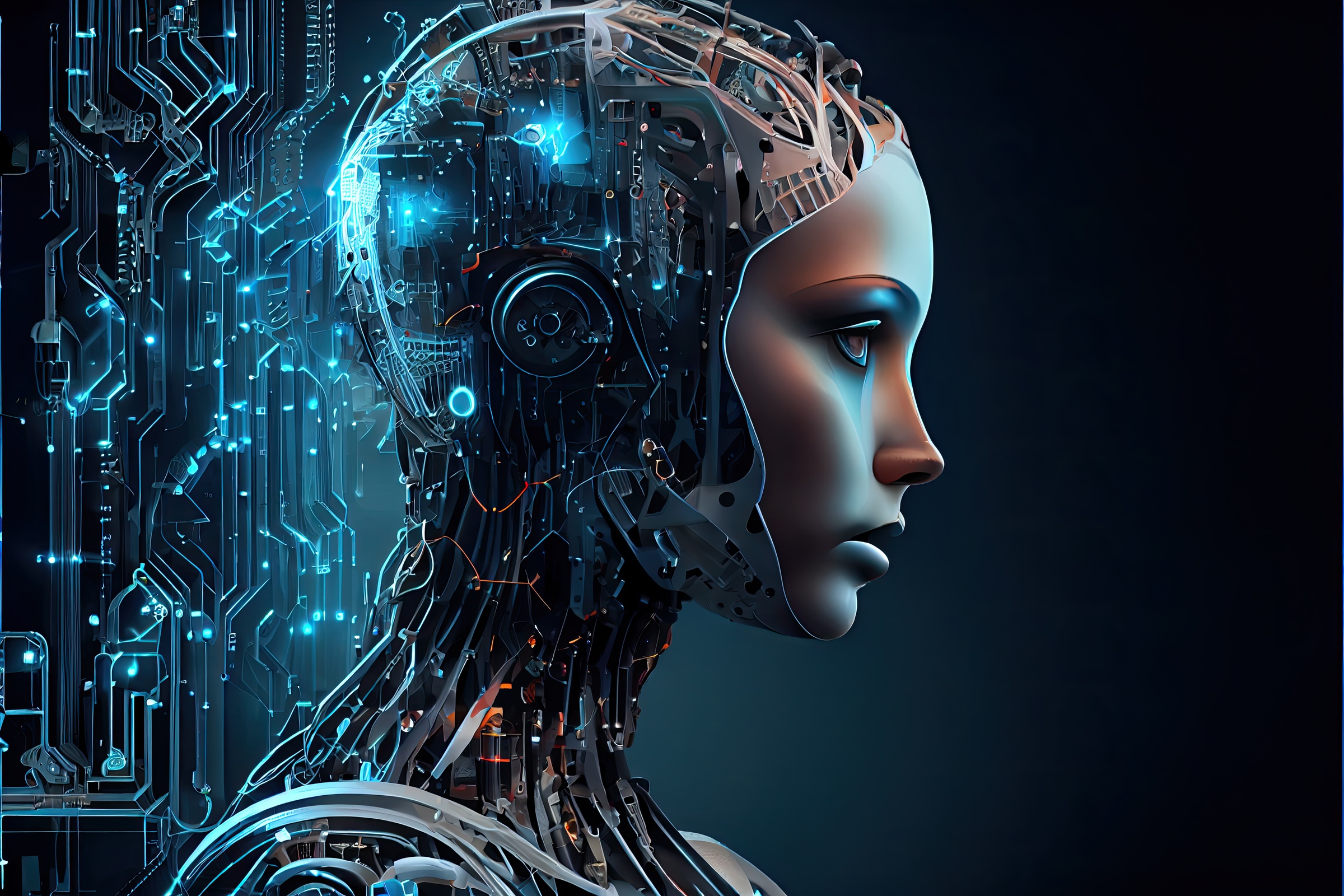Artificial Intelligence (AI) has captivated our imagination for decades, promising a future where machines possess human-like intelligence and capabilities. Exploring the frontiers of AI, we see how it has evolved from science fiction fantasies to real-world applications, reshaping industries, economies, and societies. In this blog post, we’ll embark on a journey into the depths of AI, exploring its current state, potential, and ethical considerations. As we delve deeper into exploring the frontiers of AI, we’ll uncover both opportunities and challenges.
The Rise of AI:
The seeds of AI were planted in the 1950s, with pioneers like Alan Turing laying the groundwork for intelligent machines. Over the decades, advancements in computing power, algorithms, and data availability have propelled AI from theoretical concepts to practical applications. Moreover, machine learning, a subset of AI, has emerged as a powerhouse, enabling computers to learn from data and make predictions or decisions without explicit programming.
Applications Across Industries:
AI’s impact spans various sectors, revolutionizing how we work, communicate, and live. For instance, in healthcare, AI aids in diagnosis, drug discovery, and personalized treatment plans, potentially saving lives and improving outcomes. Additionally, in finance, AI powers algorithmic trading, risk management, and fraud detection, optimizing processes and minimizing risks. In transportation, AI facilitates autonomous vehicles, promising safer and more efficient mobility solutions. These are just a few examples of AI’s transformative potential.
Challenges and Ethical Considerations:
While the possibilities are endless, AI also poses significant challenges and ethical dilemmas. Concerns about job displacement loom large as automation threatens to reshape the workforce. Furthermore, bias in AI algorithms can perpetuate and amplify existing inequalities, leading to discriminatory outcomes. Privacy and security concerns arise as AI systems collect and analyze vast amounts of personal data. Therefore, addressing these challenges requires collaboration between technologists, policymakers, and society at large to ensure that AI benefits everyone.
The Future of AI:
Looking ahead, the future of AI holds both promise and uncertainty. As AI systems become more sophisticated, questions about consciousness, morality, and the nature of intelligence emerge. Consequently, ethical AI design and regulation will be crucial in shaping a future where AI serves humanity’s best interests. Continued research and innovation will unlock new frontiers, from human-level artificial intelligence to brain-computer interfaces that blur the lines between man and machin
AI is a double-edged sword, offering immense opportunities while raising profound questions about our future. Thus, as we navigate this technological frontier, it’s essential to approach AI development with caution, responsibility, and a commitment to ethical principles. By harnessing the power of AI for good and addressing its challenges head-on, we can create a future where intelligent machines enhance our lives and enrich our humanity.
Join us on this journey into the heart of AI, where innovation meets imagination, and the possibilities are limitless. The future awaits – let’s shape it together.






